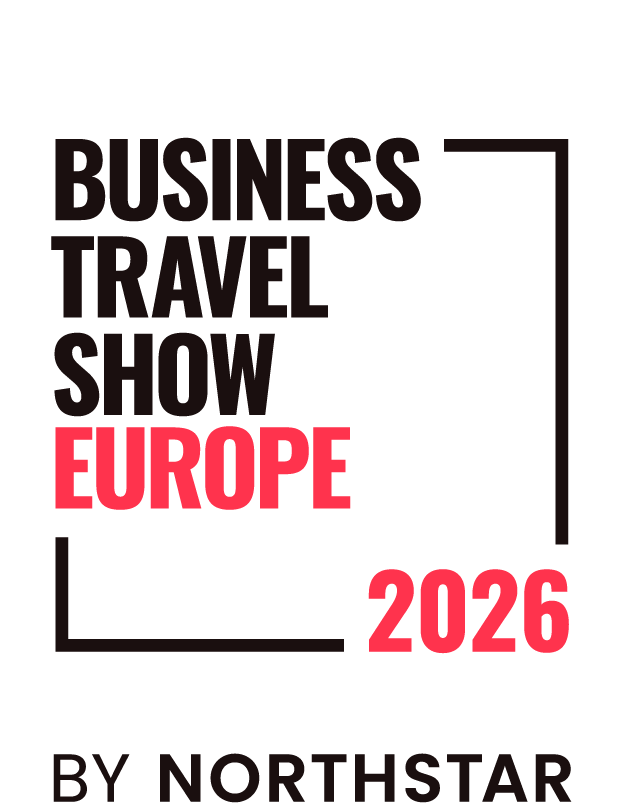How to Budget for an Event: Practical Tips for Planning on a Budget
)
- Original Contribution by: Reed & Mackay
- Updated and expanded by: Jonathan Carter-Chapman, Marketing Director, Northstar Travel Group
- Re-published: April 2025
- Topics: Event Planning, Event Budgeting, Cost Management
- Estimated Read Time: 7 minutes
Quick Summary
With nearly half of event planners citing rising costs as their number one challenge, smart budgeting has never been more essential.
This guide offers practical strategies to help organisers optimise their event planning process, control event expenses, and make the most of their financial resources. From defining objectives to leveraging event tech and travel management partners, discover how to plan cost-effective person events without compromising on quality.
Introduction: Event Costs Are Rising – Are You Ready?
According to industry research, event organisers are facing an estimated 50% rise in costs for catering, AV, and venue rentals in 2024. Whether you're planning a conference, trade show, or internal kick-off, effective financial planning is now a must-have skill.
This guide offers expert advice and budgeting tools to help you reduce extra costs, prioritise spend, and still deliver a successful event. Based on insights from Reed & Mackay's seasoned professionals, it’s tailored for business travel and the wider event industry navigating inflation, sustainability pressures, and changing attendee expectations.
Set Clear Objectives Before You Set the Budget
Understanding your event’s purpose is the first and most critical aspect of budgeting.
-
Helps prioritise where financial resources should be allocated
-
Reduces waste on non-essential elements
-
Provides a benchmark to evaluate financial success
Clarify the type of event you're running—whether it’s aimed at boosting ticket sales, generating new revenue streams, or showcasing keynote speakers. A clearer picture of your goals enables better decisions and stronger financial control.
Create a Detailed Event Budget Breakdown
A structured budget helps manage fixed costs and account for unexpected costs. Common categories include:
-
Venue rentals
-
Travel & accommodation
-
AV and equipment rental
-
Catering
-
Event marketing budget (e.g. digital and traditional advertising)
-
Contingency fund
Review previous events to compare actual expenses against planned budgets. This helps account for unforeseen expenses and supports faster, more informed decisions.
Reed & Mackay can assist with travel spend analysis, helping identify locations that reduce actual cost while supporting your planning team's objectives.
Research Service Providers and Plan Early
Use a step-by-step approach and begin budgeting as early as possible.
Early planning allows access to a wider range of service providers, gives time to negotiate bundled deals, and helps secure cheaper alternatives.
Ask vendors about:
-
Bundled packages
-
Flexibility on dates
-
Add-ons for repeat or future events
Early booking also helps align ticket price strategies with your marketing efforts, increasing interest from potential attendees.
Use Technology to Streamline and Save
Event technology plays a critical role in budgeting and execution. The right tools enhance operations and help reduce costs across the event lifecycle.
Recommended tools:-
AI-powered budgeting tools for forecasting and spend tracking
-
Virtual venue tours to reduce travel for site inspections
-
Contactless check-in tools to reduce labour
-
Integrated dashboards for financial planning and performance analytics
Technology also makes it easier to collaborate across your planning team and ensures visibility over actual costs.
Partner with a Travel and Event Management Company (TMC)
A TMC can streamline everything from venue negotiation to supplier coordination—particularly useful for person events involving international travel or multiple stakeholders.
By outsourcing logistics and gaining access to pre-negotiated rates, you can avoid unforeseen expenses and focus on delivering a successful event.
Sustainability = Smart Budgeting
Choosing eco-friendly options isn’t just good for the planet—it can reduce spend as well.
Budget-conscious sustainable choices:-
Use digital materials instead of print
-
Choose venues with environmental certifications
-
Avoid single-use plastics and minimise catering waste
These decisions reduce extra costs and also support long-term financial success through efficiency and CSR alignment.
Frequently Asked Questions
Key Takeaways
-
Set clear goals to drive smarter budget allocation
-
Include both fixed costs and a contingency fund
-
Leverage service providers and event tech to streamline delivery
-
Make sustainability part of your financial strategy
-
Start early to avoid unforeseen expenses and costly delays
Further Reading
-
The Ultimate Event Budget Guide (With Examples + Templates)
https://www.eventmobi.com/blog/event-budget-basics/EventMobi -
Event Technology: The Ultimate Guide for 2024
https://www.bizzabo.com/blog/event-technology-guideHoppier+2Bizzabo+2Bizzabo+2 -
How To Deliver More Sustainable Events: 24 Ideas For 2025
https://spotme.com/blog/sustainable-events/SpotMe -
10 Tips to Select Event Tech for In-Person Shows in 2024
https://expoplatform.com/event-technology/10-tips-to-select-event-tech/Food & Wine+4ExpoPlatform+4Events Industry Council News+4 -
Five Ways to Make Your Events More Sustainable
https://news.eventscouncil.org/five-ways-to-make-your-events-more-sustainable/
Acknowledgement - This updated article is based on original contributions from the Reed & Mackay Events Team, featuring insights from Marali Kempthorne, Head of Events (UK).



